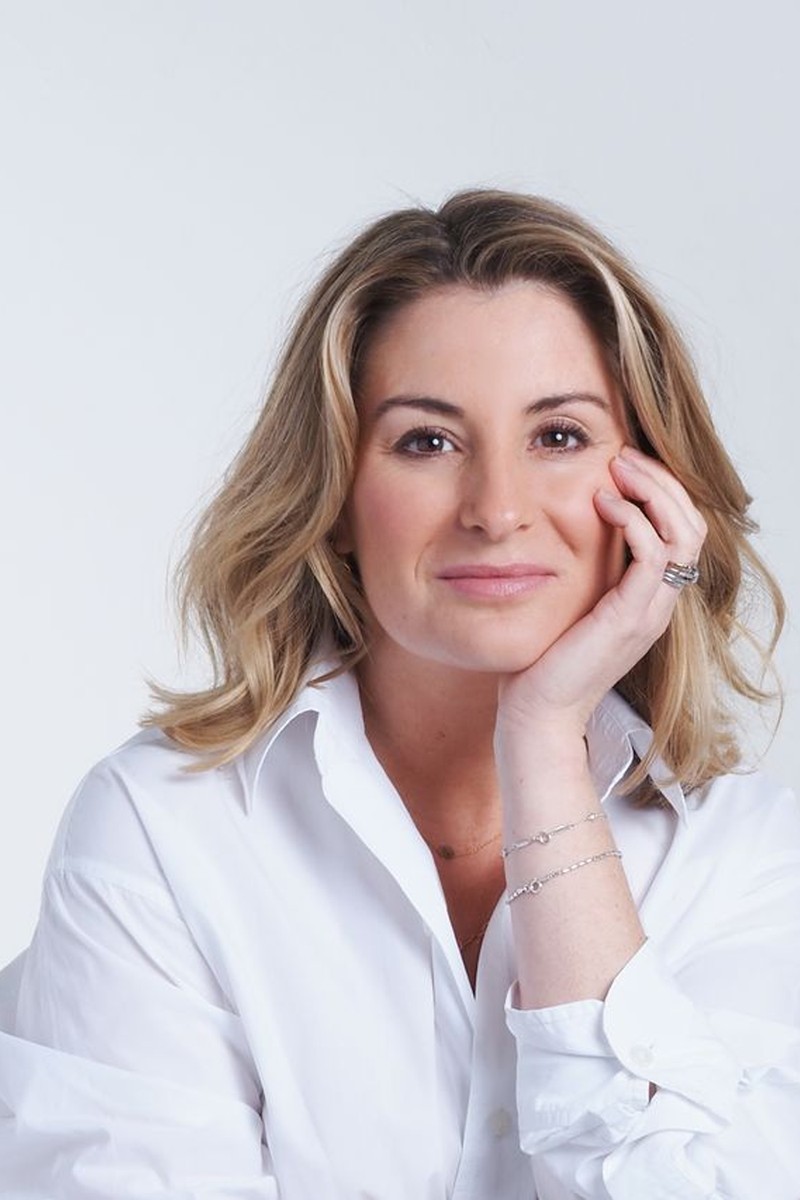How To Deal With ‘Mum Guilt’ For Good
‘Mum guilt’ is intense at the best of times but in the summer holidays, it can go up a notch. Whether it’s ignoring their pleas to play because you’re on a Zoom call, dropping them off at yet another club, not having a holiday booked, or being on holiday and not wanting to be in the pool with them every minute, it can seem there’ s always something to feel guilty about.
So, what do we do about it? The most important thing with guilt is not to ignore it – like most feelings, the more you try to push it away, the worse it gets. Frustrating as it is to add to your mental load, working to unravel these feelings will pay back in spades. Here’s how to spend that time more constructively to free yourself from unnecessary guilt…
Understand ‘good guilt’
Good guilt sounds like an oxymoron, but true guilt is actually a good thing – it helps us say sorry, change our behaviour and shows us we have empathy and compassion. Learn to notice when you feel productive guilt i.e. when you have done something that goes against your values or something you want to say sorry for.
In my experience of coaching thousands of parents, good guilt is only about 20% of the guilt we feel. So, what is the other 80%? To free ourselves from it, we have to know what is driving it:
Tension: There is always going to be tension – you can’t be in two places at once and whenever you make a decision or choice, there is a tension with the choice you didn’t make. But that feeling isn’t guilt. The moment we can accept that tension, it’s like dropping the rope pulling us in all directions; we can finally feel a little bit more peace of mind with our choices.
Toolkit: Try saying to yourself, “What I’m feeling isn’t guilt, because I’m not doing anything wrong. It’s tension that is part of parenthood.”
Standards: So much guilt comes from expecting too much of ourselves. We tend to judge ourselves on completely unrealistic standards. Then, when we inevitably fall short, we feel guilty. The key is to make sure you are judging yourself on fair standards given your unique situation. Remember that good enough is more than good enough. You don’t need to be a perfect parent – that’s impossible and ultimately doesn’t help our children anyway. Also, remember perspective; today you might not have played with your child, but how much have you done so over the past month?
Toolkit: What are reasonable standards to judge yourself on? Make sure you think about an extended period of time, not just one day in isolation.
Inner Critic: Much of what we call guilt is really our inner critic (the harsh voice in your head) telling you you’re doing it wrong, not well enough or you’re messing your children up. Just because you think you’re guilty, doesn’t mean you are. The key is to know that voice isn’t always right, and to replace it with a much kinder voice that tells you you’re doing the best you can.
Toolkit: If you notice a critical thought, replace it with a kinder one.
Shame: Guilt is “I have done something bad”, shame says “I am bad”. So, when you hear a voice that says “I am” in front of it, then know that you might have tipped into shame. The way out of shame is to share it, so tell someone you trust how you’re feeling, who will be able to put your thoughts back into perspective for you.
Toolkit: If you feel you’re a ‘bad’ parent, share how you feel with someone you trust.
Values: When you know your unique values i.e. what really matters to you as a parent, it’s like a superpower because you can let go of the fact that you can’t do everything. Take a few moments to jot down what really matters to you and your family? How do you want your children to remember their childhood? What words would you want them to use to describe you as a parent?
Toolkit: Take a few minutes to work out what matters to you.
5 Tips For Moving From Guilt To Confidence…
- Just because you feel guilty, it doesn’t mean you are – challenge that critical voice by choosing a kinder thought.
- The 30% rule states that we only need to get it ‘right’ with our children 30% of the time for our children to be happy and well attached, so 3/10 is really 10/10.
- Perfectionism will tell you you’re never doing enough for your children – challenge this by noting down what you have done each day for them.
- Ask yourself – what would you say to a friend in the same situation? We can always find kind words for friends, so use that skill to support yourself too.
- If you’re struggling with comparison, switch the focus back on yourself by listing 26 things you’re grateful for – starting at A and working through to Z.
Motherkind: A new way to thrive in a world of endless expectations is available now. You can listen to the The Motherkind Podcast here.
Follow @ZOEBLASKEY
DISCLAIMER: We endeavour to always credit the correct original source of every image we use. If you think a credit may be incorrect, please contact us at info@sheerluxe.com.
All products on this page have been selected by our editorial team, however we may make commission on some products.


/https%3A%2F%2Fsheerluxe.com%2Fsites%2Fsheerluxe%2Ffiles%2Fwebsite-images%2F2025%2F04%2Fnew-parenting-background-image.jpg?itok=au3AjSlw)